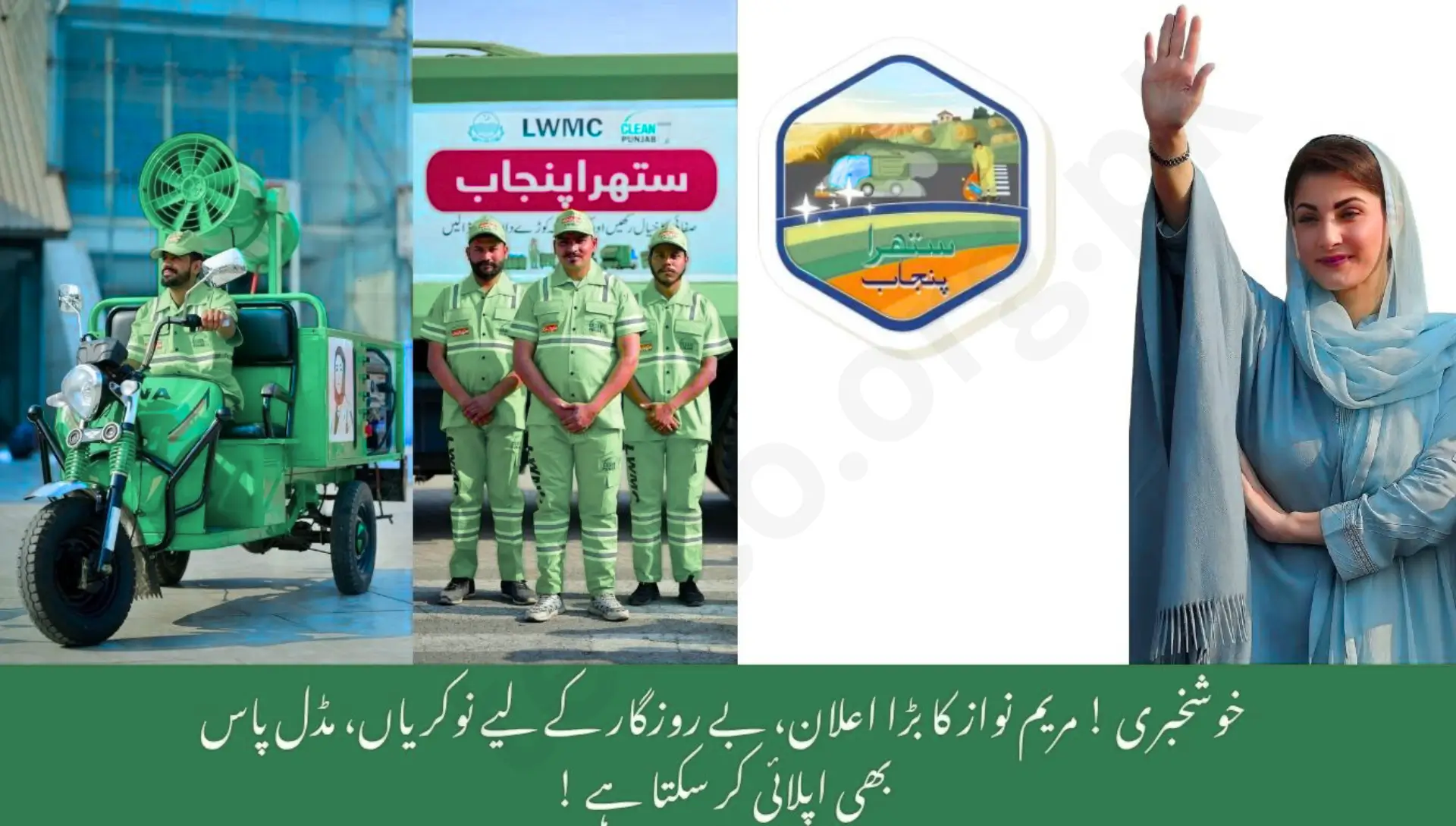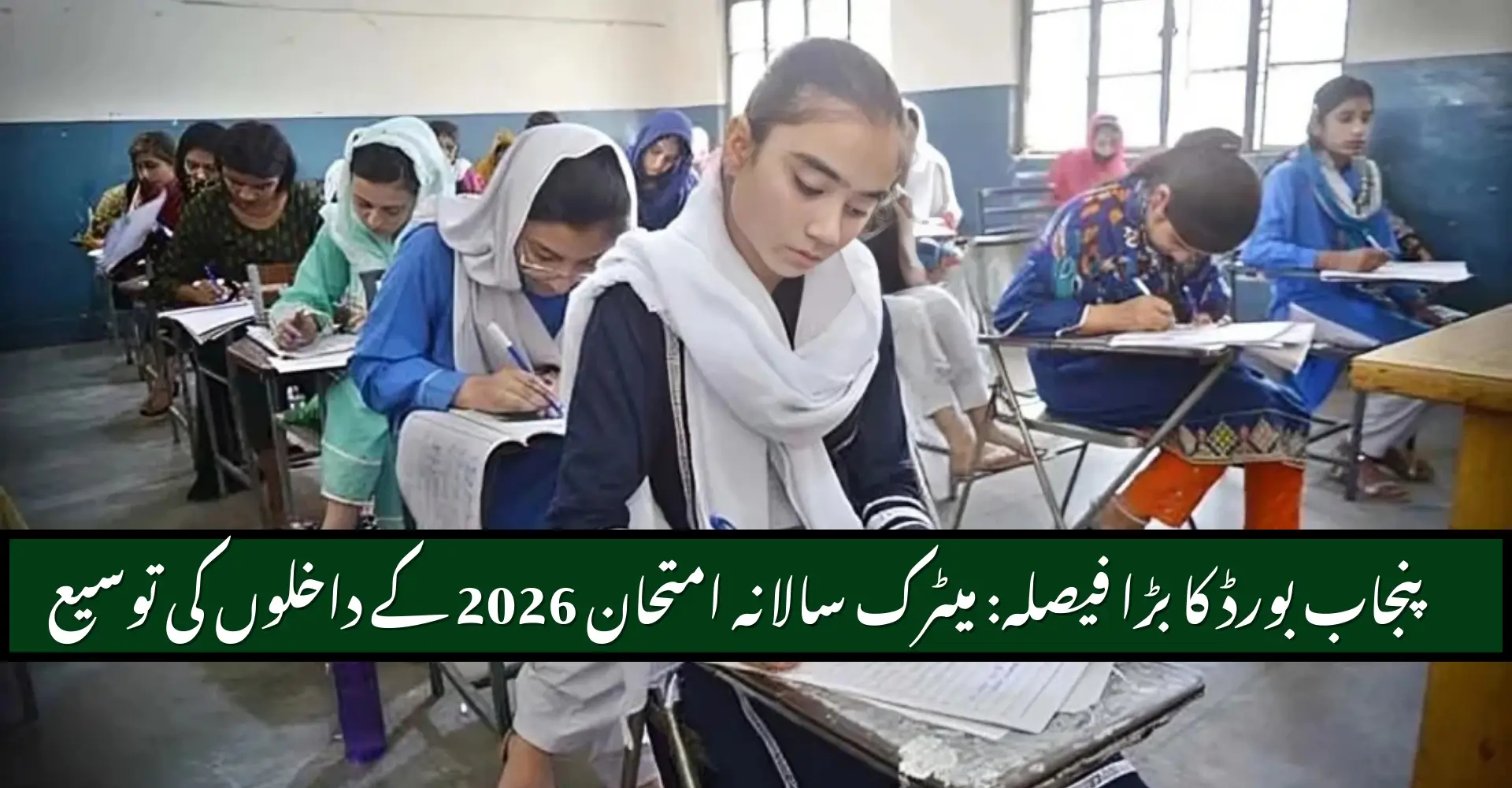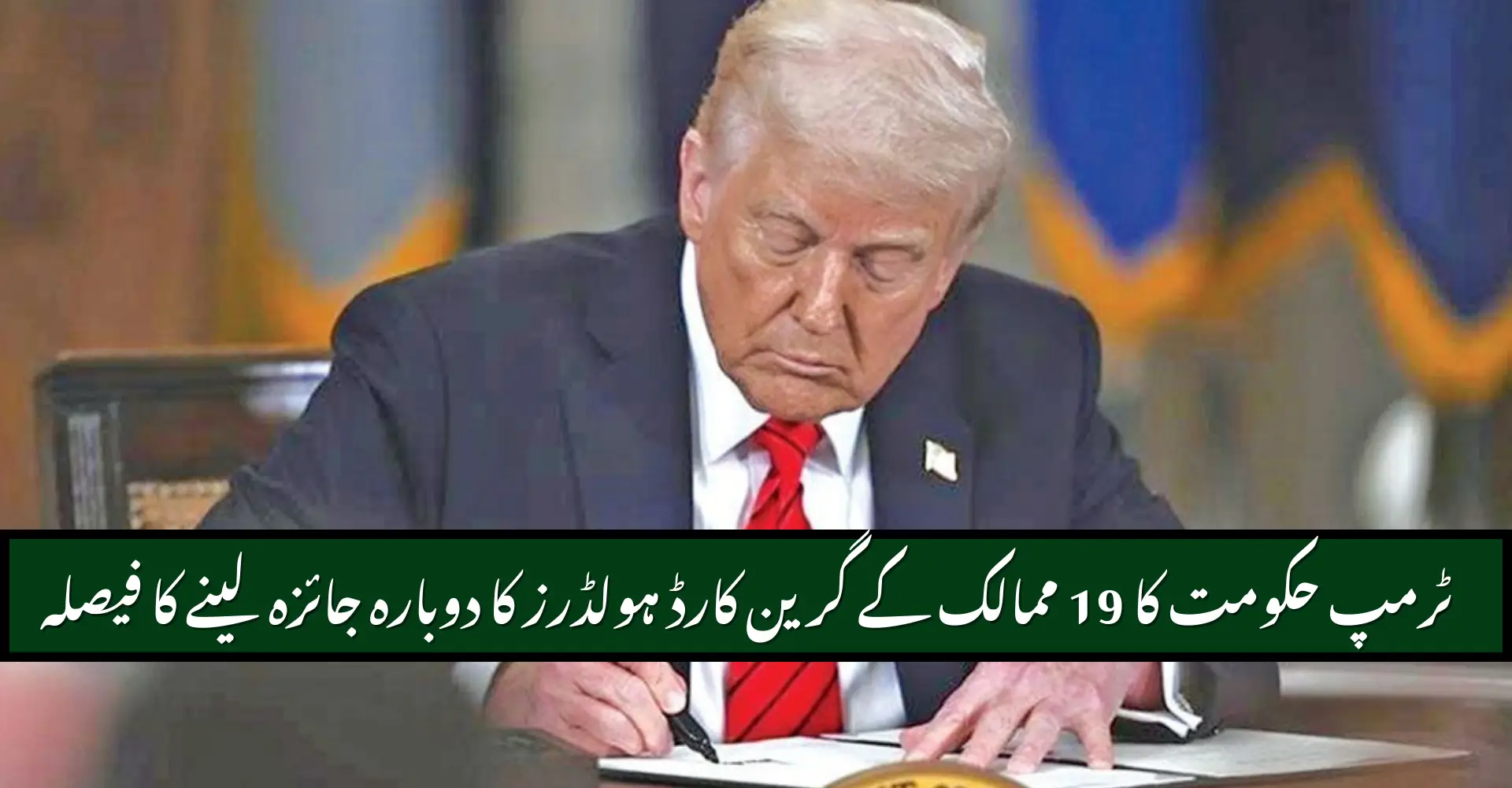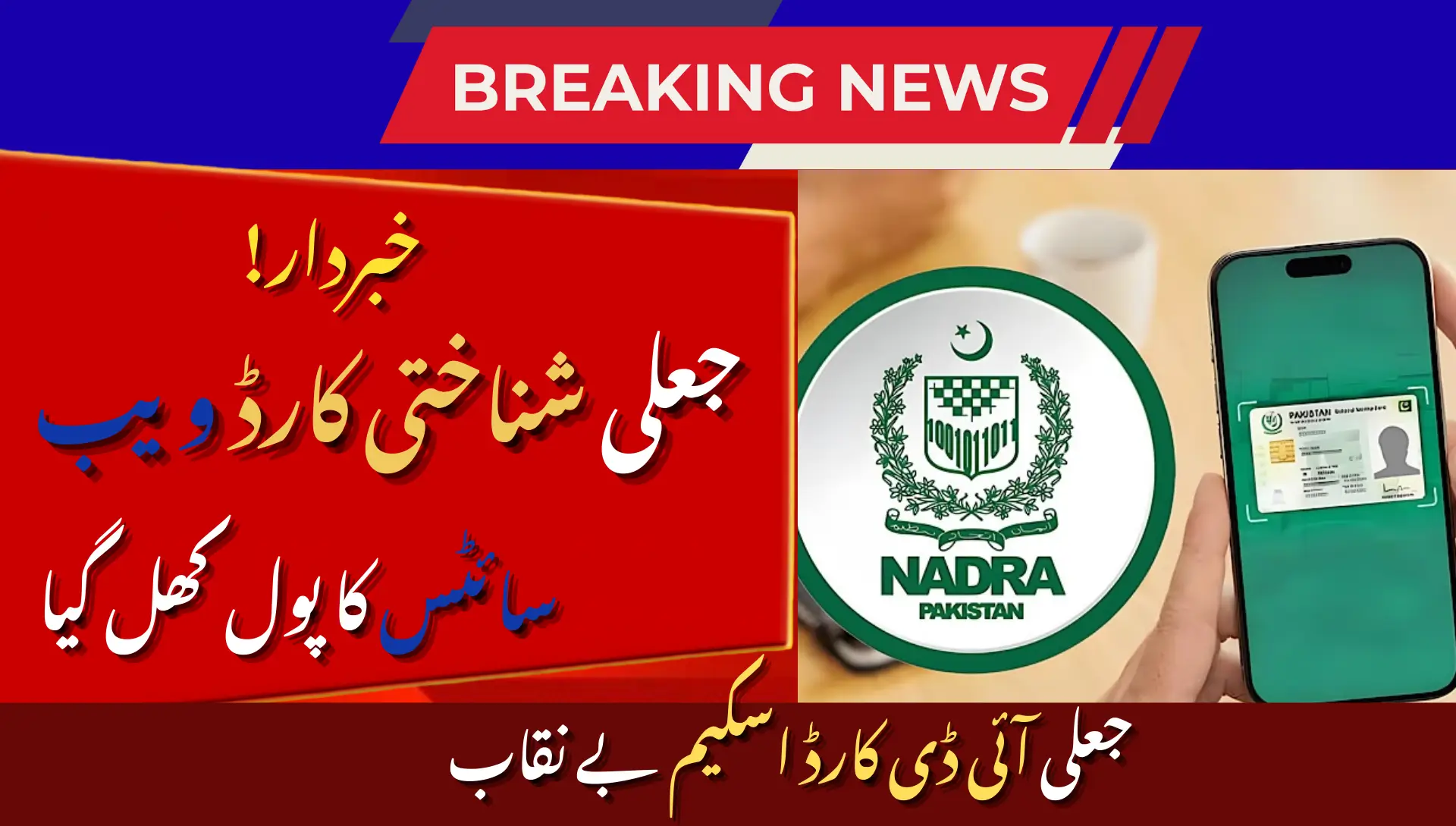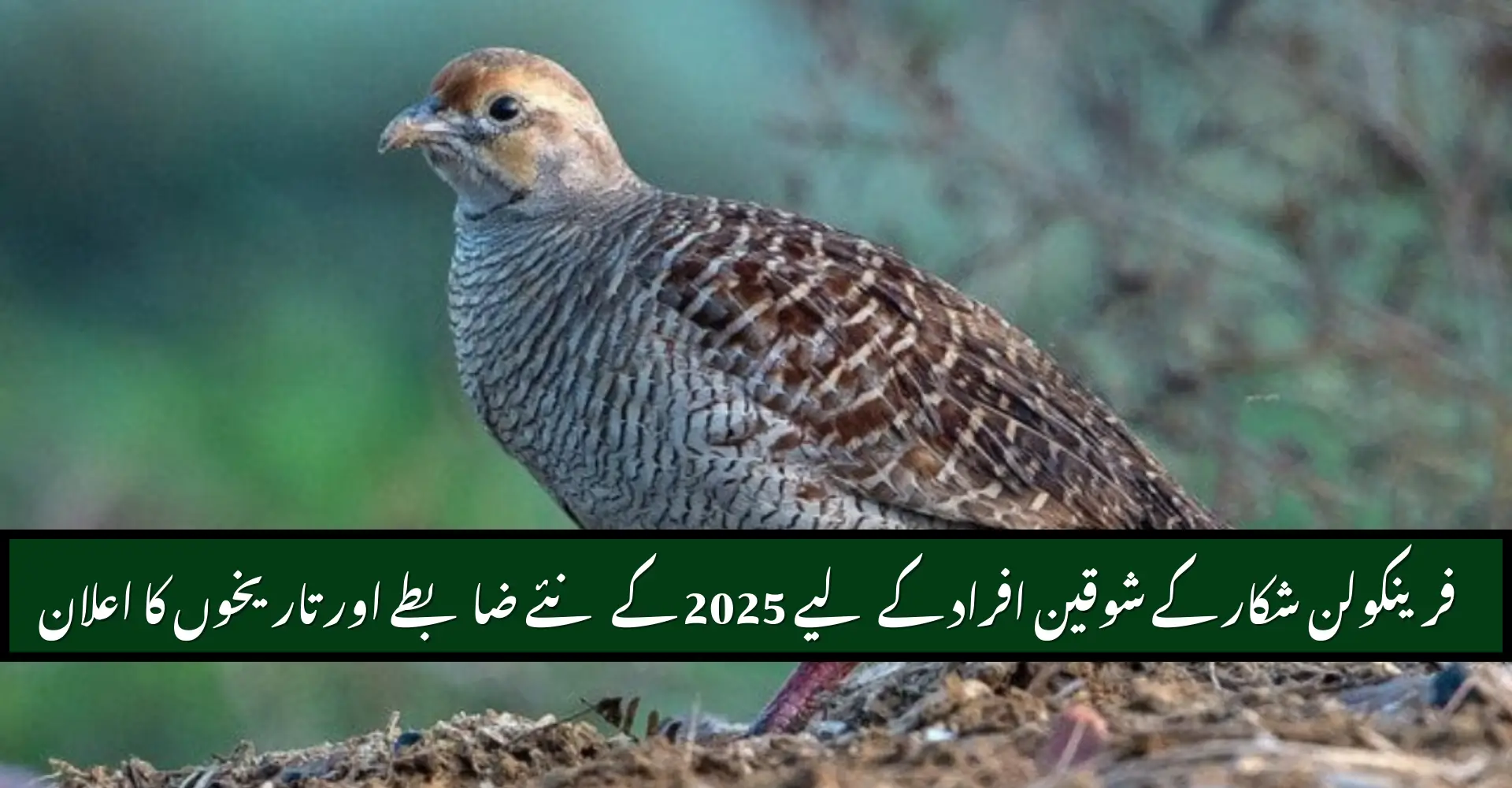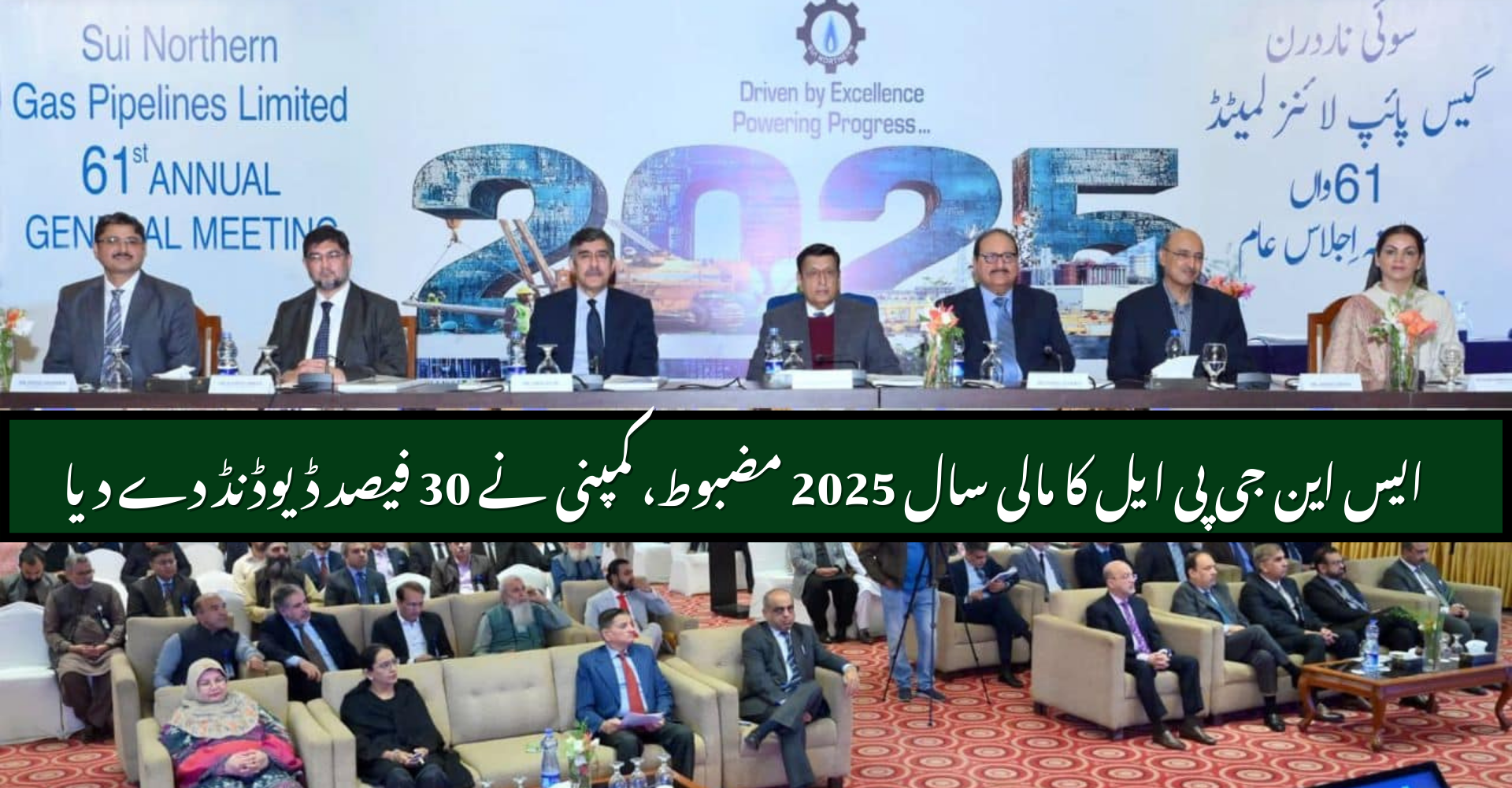Punjab Government Launches New Waste Tax Under “Clean Punjab” Initiative 2025. The Punjab Government has taken a bold step toward a cleaner and more sustainable province by introducing a new Waste Tax 2025 under the Clean Punjab Initiative. This policy marks a major shift in how the government plans to improve cleanliness, waste management, and environmental health across urban and rural areas.
So, what exactly is the new Punjab Waste Tax, how much will residents and businesses pay, and why is it being implemented? Let’s explore everything in detail.
What Is the Clean Punjab Initiative?
The Clean Punjab Initiative is a province-wide cleanliness and environmental reform campaign launched to improve solid waste management, promote recycling, and ensure a healthier environment for citizens.
It focuses on:
- Reducing illegal dumping and open burning of garbage.
- Expanding waste collection services to urban and rural areas.
- Introducing accountability through LWMC (Lahore Waste Management Company) and local government bodies.
- Encouraging public participation in maintaining cleanliness.
The newly announced waste tax system is a key component of this campaign to fund these activities sustainably.
Punjab Waste Tax 2025 — A Step Toward Responsible Waste Management
Under the new framework, the Punjab government has officially approved a waste tax applicable to both residential and commercial properties. The tax is designed to generate funds for modern garbage collection, proper waste disposal, and recycling operations.
The Punjab Cabinet has already approved the decision, and the Lahore Waste Management Company (LWMC) has started implementing the new billing and monitoring structure.
Waste Tax Rates for Residential Houses
The government has categorized residential units according to their property size to ensure fairness and affordability. Larger homes, which typically generate more waste, will contribute more toward maintaining public hygiene.
| Property Type | Location | Tax Amount (Rs.) |
|---|---|---|
| 5 Marla houses | Cities | 300 |
| 5 Marla houses | Villages | 200 |
| 5–10 Marla houses | Cities | 500 |
| 10 Marla – 1 Kanal houses | Cities | 1,000 |
| Above 1 Kanal houses | Cities | 2,000 – 5,000 (size-based) |
| Houses above 10 Marla | Villages | 200 – 400 |
This tier-based system ensures that smaller homes are not overburdened while wealthier households contribute proportionally.
Waste Tax for Shops and Businesses
Commercial establishments are also included in the Punjab Waste Tax 2025 policy. The tax amount depends on the type, size, and location of the business.
| Business Type | Location | Tax Amount (Rs.) |
|---|---|---|
| Small shops | Cities | 500 |
| Small shops | Villages | 300 |
| Medium-sized shops | Cities | 1,000 |
| Medium-sized shops | Villages | 700 |
| Large business centers | Cities | 3,000 |
| Large business centers | Villages | 2,000 |
This ensures that businesses generating more waste contribute more to maintaining their surrounding areas.
How Waste Tax Will Be Collected
The Lahore Waste Management Company (LWMC) and other local bodies like Rawalpindi Waste Management Company (RWMC) and Faisalabad Waste Management Company (FWMC) will handle:
- Bill distribution: Residents and business owners will receive physical or digital waste tax bills.
- Collection: Payments can be made via bank branches, online portals, or Easypaisa/JazzCash (under development).
- Monitoring: LWMC’s revenue and operations teams will oversee transparency and ensure all collections are properly recorded.
This centralized yet transparent system will help minimize corruption and ensure the collected funds are reinvested into waste management.
Purpose and Goals Behind Punjab Waste Tax
According to Punjab Local Government officials, the purpose of the Clean Punjab Waste Tax is not to burden citizens but to build a sustainable system for waste collection and recycling.
Key Objectives:
- To improve urban cleanliness through regular garbage removal.
- To establish modern recycling plants for plastic, paper, and food waste.
- To control the spread of diseases caused by poor sanitation.
- To make Punjab cities environmentally sustainable under Vision 2030.
Officials claim that even though this tax may seem like an extra cost, it is an investment for a cleaner, greener, and healthier Punjab.
How Funds Will Be Utilized
The revenue collected from the Punjab Waste Tax 2025 will be used for:
- Purchasing new garbage trucks and waste bins.
- Maintaining cleanliness in streets and public spaces.
- Expanding door-to-door collection services.
- Setting up regional recycling centers.
- Paying sanitation workers’ salaries on time.
By creating a dedicated fund, the government aims to ensure that no collected money is diverted away from sanitation improvement.
Environmental Benefits of the Clean Punjab Initiative
Implementing a structured waste tax is more than just a revenue measure — it’s a climate-conscious policy.
Environmental benefits include:
- Reduction in open waste dumping.
- Decrease in groundwater contamination.
- Improved air quality through reduced burning of garbage.
- Promotion of recycling industries and green jobs.
- Cleaner rivers and drainage systems.
Over time, this will contribute to making Punjab’s cities Lahore, Multan, Faisalabad, and Rawalpindi healthier and more livable.
Public Reaction — Mixed but Hopeful
The new tax has generated a mixed public response. While some citizens have expressed concerns about affordability and transparency, many acknowledge that cleanliness is a shared responsibility.
Local environmental groups and NGOs have welcomed the policy, urging the government to:
- Ensure proper use of funds.
- Offer digital tax payment systems for convenience.
- Conduct awareness drives to encourage waste segregation at source.
Business associations have also suggested discount incentives for compliant shops that actively maintain cleanliness.
Role of LWMC and Local Bodies
The Lahore Waste Management Company (LWMC) plays a central role in implementing this reform. Under the new strategy:
- LWMC is responsible for tax billing, garbage collection, and compliance audits.
- Union Councils (UCs) will monitor performance at community level.
- District administrations will report to the Punjab Local Government Department for review.
This multi-layered structure ensures efficiency, accountability, and transparent operations.
Comparison with International Models
The Punjab Waste Tax 2025 takes inspiration from global waste management systems in:
| Country | System Overview | Relevance to Punjab |
|---|---|---|
| Turkey | City-based waste fees fund recycling programs | Model for local government-led sanitation |
| Germany | “Polluter pays” principle applied through waste bins and recycling fees | Encourages responsibility among citizens |
| Malaysia | Local councils collect solid waste fees with electronic billing | Digital model being considered by LWMC |
| India | Similar waste tax in Delhi and Bangalore for household garbage management | Regional adaptation for urban Punjab |
This comparative approach shows that waste taxes are standard practice globally Pakistan is simply catching up.
How Citizens Can Pay Waste Tax Easily
To make the process user-friendly, the Punjab government plans to introduce multiple payment methods, including:
- Bank branches (through government-approved challan forms)
- Online government portals
- Mobile wallets like Easypaisa and JazzCash
- Automated monthly billing integrated with property tax systems
These digital tools will help ensure transparency, record-keeping, and timely payments without long queues or paperwork.
How the Waste Tax Affects Residents
While some households may view it as an additional cost, the long-term benefits outweigh the expense:
- Cleaner streets and neighborhoods
- Reduced mosquito and fly infestation
- Better public health outcomes
- Higher property value in clean areas
- Pride in contributing to a cleaner Punjab
This initiative reflects the idea that environmental responsibility starts at home.
Addressing Common Concerns
1. Why should citizens pay when they already pay property tax?
The waste tax is a service-based charge that specifically funds garbage collection and recycling — not infrastructure or property maintenance.
2. How will transparency be maintained?
The LWMC will maintain a public dashboard showing tax revenue and expenditure under the Clean Punjab Fund.
3. What happens if someone refuses to pay?
Non-payers may face fines or temporary suspension of municipal cleaning services.
Future Plans Under Clean Punjab 2025
The Punjab government aims to expand this initiative to all 36 districts by mid-2025. Planned developments include:
- Smart waste bins with digital sensors.
- Separate collection for recyclable materials.
- Waste-to-energy pilot plants in Lahore and Multan.
- Awareness campaigns in schools and local communities.
These steps reflect Punjab’s growing focus on sustainable environmental management.

